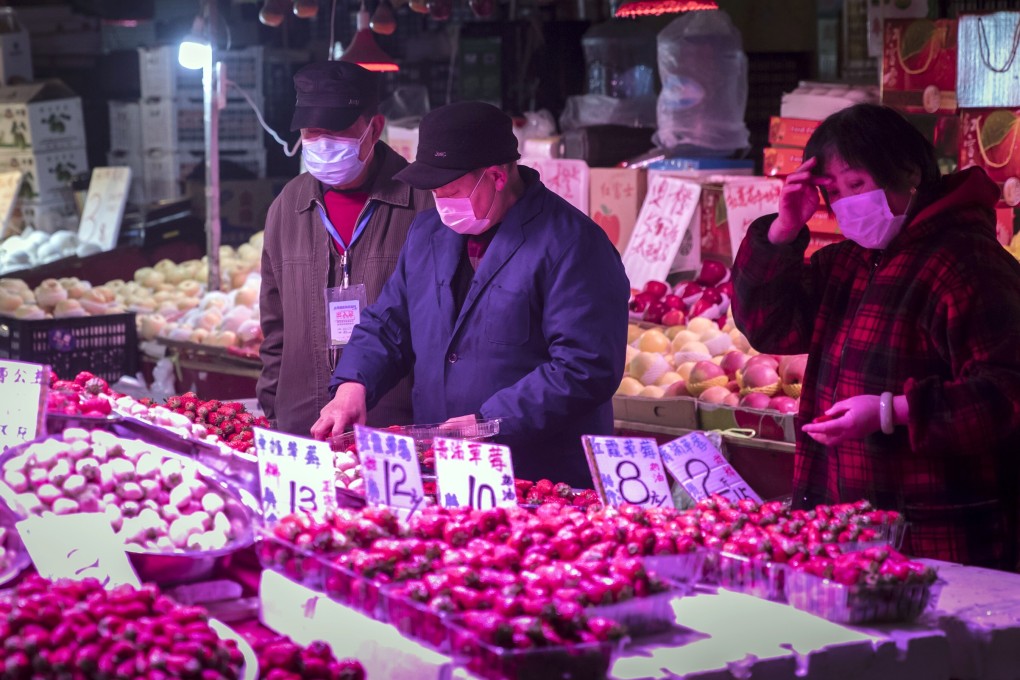Advertisement
China inflation: rising factory-gate prices show ‘market’s concerns about outlook have emerged’
- Sharper-than-expected rise in producer price index is another reason to expect Beijing to tighten economic support policies, analysts say
- Commodity prices and inflation expectations could rise further in the coming months, given vaccine roll-outs and fiscal stimulus in major developed market economies
Reading Time:4 minutes
Why you can trust SCMP

A stronger-than-expected rise in China’s factory-gate prices last month has stoked concerns among Chinese analysts and market participants about a rise in inflation in China in the period ahead.
Chinese government officials and analysts were already on edge about the possibility that US President Joe Biden’s US$1.9 trillion coronavirus relief package would cause the global economy to overheat and asset bubbles to develop in financial markets. The US Congress was expected to give final approval to that package later on Wednesday, which would allow Biden to sign it into law later this week.
Chinese analysts said on Wednesday that a rise in the producer price index was yet one more reason to expect Beijing to tighten its economic support policies in the near future, even though officials conceded this week that the nation’s domestic economic recovery was not yet on solid ground.
Advertisement
China’s producer price index (PPI), which reflects the prices that factories charge wholesalers for their products, rose to 1.7 per cent in February from a year earlier, a sharp increase from the gain of 0.3 per cent in January, according to the National Bureau Statistics (NBS) on Wednesday.
The 1.7 per cent increase was stronger than economists’ forecasts of 1.5 per cent in a Bloomberg survey.
Advertisement
Advertisement
Select Voice
Select Speed
1.00x